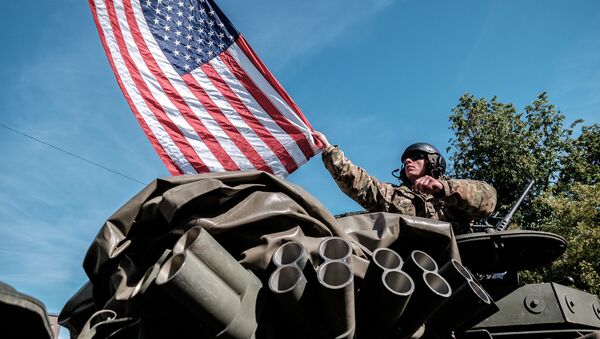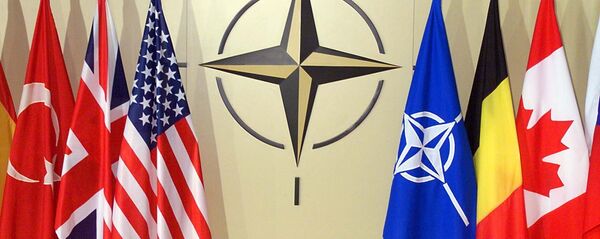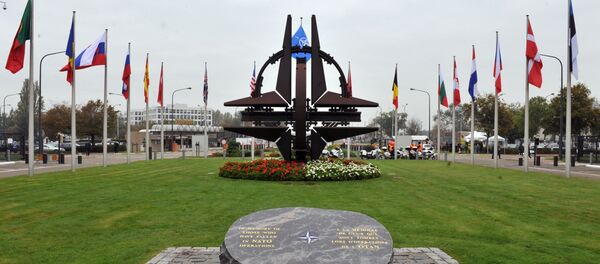His commentary came after last week's telephone conversation between Trump and German Chancellor Angela Merkel, who focused on a wide range of issues, including those related to NATO.
In April 2014, then-presidential candidate Trump said that NATO is "obsolete and the United States is paying too much [to sustain it]."
Estonia, Greece, Poland, UK & USA = The only #NATO members above 2% target for defense spending in 2015 https://t.co/dubiUSK6eK pic.twitter.com/8kXD1YMMkB
— Bruegel (@Bruegel_org) 27 января 2017 г.
In this vein, Schiltz specifically pointed to the fact that Trump and Merkel underscored the "fundamental importance" of NATO during their latest telephone talk.
"There is nothing surprising in it" given that despite Trump slamming NATO as obsolete, he at the same repeatedly emphasized the need to develop the alliance, according to Schiltz.
"In spite of everything, NATO will change significantly under Trump, who is ready to strive for an equitable distribution of spending on NATO. It is something that was demanded by many US Presidents before Trump," he said.
In this regard, he recalled that about 75 percent of defense spending in NATO is American taxpayer money.
"The new US Administration will rightly be up in arms against such a state of affairs," Schiltz said, adding that it is Germany that will bear the burden of Trump demands pertaining to NATO members' spending on the alliance.
"A NATO member state which spends only a little more than half of the designated 2 percent of GDP should not complain," he said.
Schiltz made it plain that 'the time for ceremonial speeches has passed," and that "this time Trump will prod Merkel to show results" as far as the solidarity of NATO members is concerned.
According to Schiltz, "significant differences between Berlin and Washington" can arise when the sides start to discuss the joint fight against terrorism and when Trump urges the allies to intensify efforts to combat Daesh (ISIL/ISIS).
"Probably, NATO along with the European military will have to conduct more operations in Syria, Iraq, Tunisia and Libya in the future, something that has successfully been opposed by Paris and Berlin in the past," he concluded.
During the presidential race, Trump repeatedly said that Washington should decrease support for other NATO member states and protect only those members of the alliance which "fulfill their obligations" to the United States.
Never miss a story again — sign up to our Telegram channel and we'll keep you up to speed!




